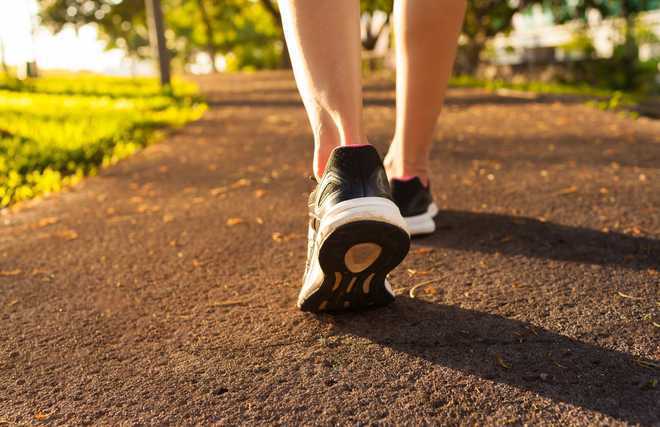New wireless device to measure walking speed accurately
Boston
MIT scientists have developed a novel device that can measure the walking speed of multiple people with up to 99 per cent accuracy using wireless signals.
The device called "WiGait" measures walking speed without requiring that the person wear or carry a sensor.
The system could help monitor and diagnose health issues like cognitive decline and cardiac disease, researchers said.
Previous research suggests that how fast you walk could be a better predictor of health issues like cognitive decline, falls, and even certain cardiac or pulmonary diseases.
The device works by analysing the surrounding wireless signals and their reflections off a person's body.
The algorithm used can distinguish walking from other movements, such as cleaning the kitchen or brushing one's teeth, researchers said.
"Many avoidable hospitalisations are related to issues like falls, congestive heart disease, or chronic obstructive pulmonary disease which have all been shown to be correlated to gait speed," said Dina Katabi of from Massachusetts Institute of Technology in the US.
Researchers hope to train it on people with walking impairments like Parkinson's, Alzheimer's or MS, to help physicians accurately track disease progression and adjust medications in future.
"The true novelty of this device is that it can map major metrics of health and behaviour without any active engagement from the user, which is especially helpful for the cognitively impaired," says Ipsit Vahia from Harvard University in the US.
"Gait speed is a proxy indicator of many clinically important conditions, and down the line this could extend to measuring sleep patterns, respiratory rates, and other vital human behaviours," Vahia said. — PTI









